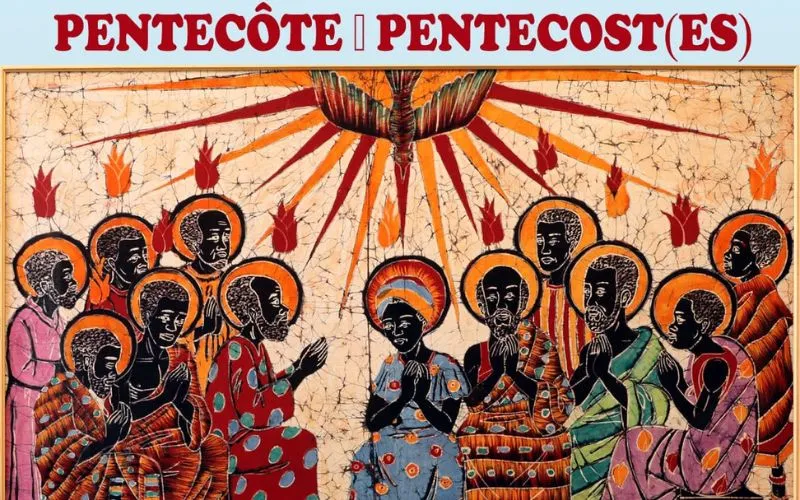“We are well aware that these wars are linked to the exploitation of natural and mining resources, resulting in permanent insecurity for the populations, given that these resources are geopolitical stakes for foreign countries, including the great powers,” Catholic Bishops in Africa say, alluding to previous lamentations about land grabbing, expropriation, and exploitation in Africa.
Despite this “gloomy picture”, SECAM members say, “glimmers of hope are appearing thanks to the initiatives taken by the Bishops of Africa to maintain and restore peace in certain regions of Africa.”
In their Message dated May 19, Pentecost Sunday, Catholic Bishops in Africa laud the initiatives that members of the Reunion of Episcopal Conferences of West Africa (RECOWA) undertook “to dissuade ECOWAS (The Economic Community Of West African States) leaders from using force to restore constitutional order in Niger, in order to avoid bloodshed and forced displacement of populations.”
Another initiative which Catholic Bishops in Africa say “will go down in history” as significant is that of the Association of Episcopal Conferences of Central Africa (ACEAC), who they say, “organized a giant mass for peace for the bishops of the Great Lakes region in Goma on January 28 of this year.”
“Such initiatives are commendable, and deserve to be supported both by our prayer and by our commitment to justice and peace,” SECAM members say, and add, “As Christians, we are called to become peacemakers and sow the seeds of hope for a better future in Africa.”
Reflecting on the events of Pentecost Sunday that celebrates the descent of the Holy Spirit upon the Apostle, who were enabled to speak in multiple languages with mutual understanding, SECAM members say, “The gathering in this symbolic place steeped in history can be seen as globalization.”
“Despite the multiplicity of languages, people manage to make themselves understood, and the extraordinary thing is that they hear the word of God in their own languages. And today we rejoice in this miracle of tongues, as Christian rites and the Eucharistic liturgy are celebrated in vernacular languages,” they say.
SECAM members caution, “While it's fair to say that the spread of Christianity has brought peoples together to such an extent that it appears to be a forerunner of globalization, there's nothing to suggest that Christianity, as we live it in the Catholic Church, is in harmony with globalization, which has conveyed a single way of thinking, while promoting a lifestyle focused on the satisfaction of essentially material and economic needs.”They however, SECAM members say, “not everything about globalization is negative. We need only cite the example of the Internet and information and communication technologies, thanks to which peoples are interconnected and the bonds of solidarity between nations strengthened.”
They note that the “challenge we face today, and which emerges from development issues in these difficult times, is to show that ethics should be taken into consideration in commercial relations.”
“From now on, we need to give direction to economic activities by insisting on the common good, justice and the values handed down by our cultures in Africa, such as the family, solidarity, mutual aid, fraternity and the defense of life,” Catholic Bishops in Africa say.








